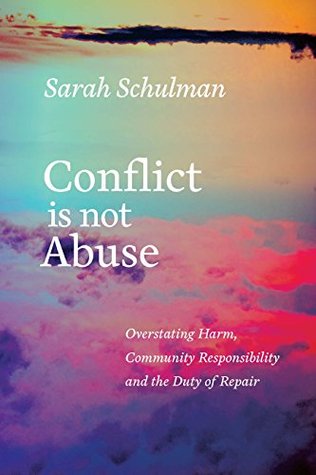actual sexual and physical abuse do not usually take place in a classroom.
right -- but then, in the context of an arts classroom where it's presumed that no small part of what's under discussion/examination is in some way a reflection of the real world (as Schulman put it just above: "dealing with what exists and coming to some kind of relationship of understanding with reality"), the argument that "actual...abuse [does] not usually take place in a classroom" kind of starts to lose impact. also, that claim in and of itself is an argument for trigger warnings: it seems like Schulman would not argue that someone who had been abused in a classroom need necessarily return to a classroom (or at least that she wouldn't blame them from opting out of attending the space they were traumatized in) but isn't that the same slippery slope where she claims that students might not ever have to deal with anything uncomfortable? my point being, student A was traumatized in classroom X and nobody is going to force them to go to classroom Y which isn't classroom X but is similar enough to cause issues: why then does that not apply to the depiction of the trauma/violence, etc, beyond arbitrarily deciding the setting is an acceptable/valid trigger?


